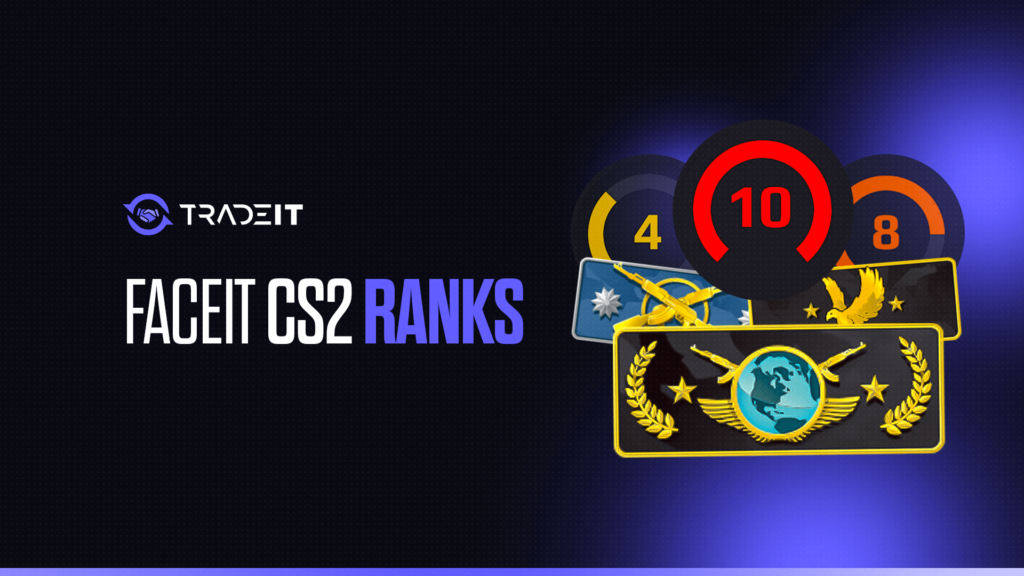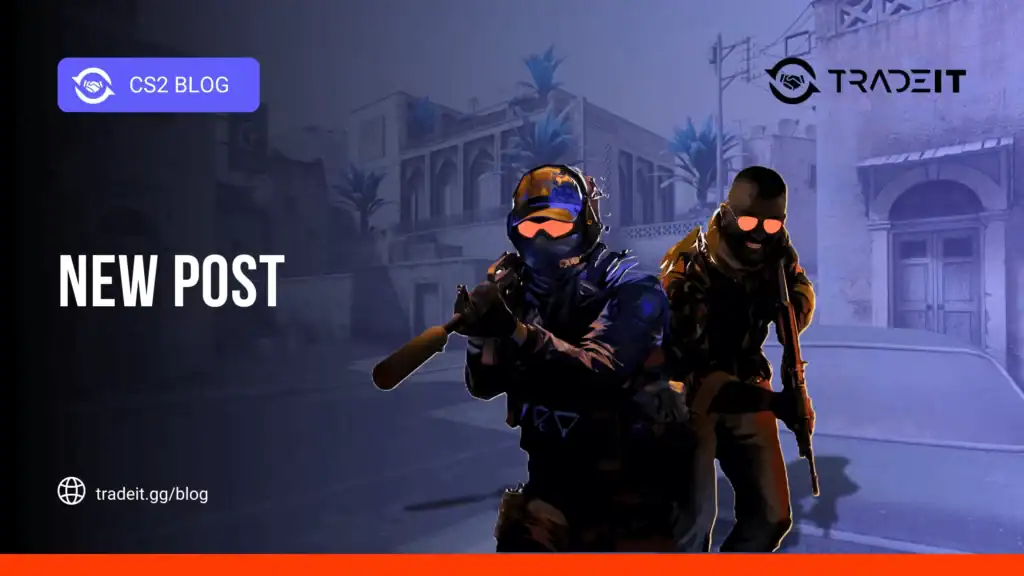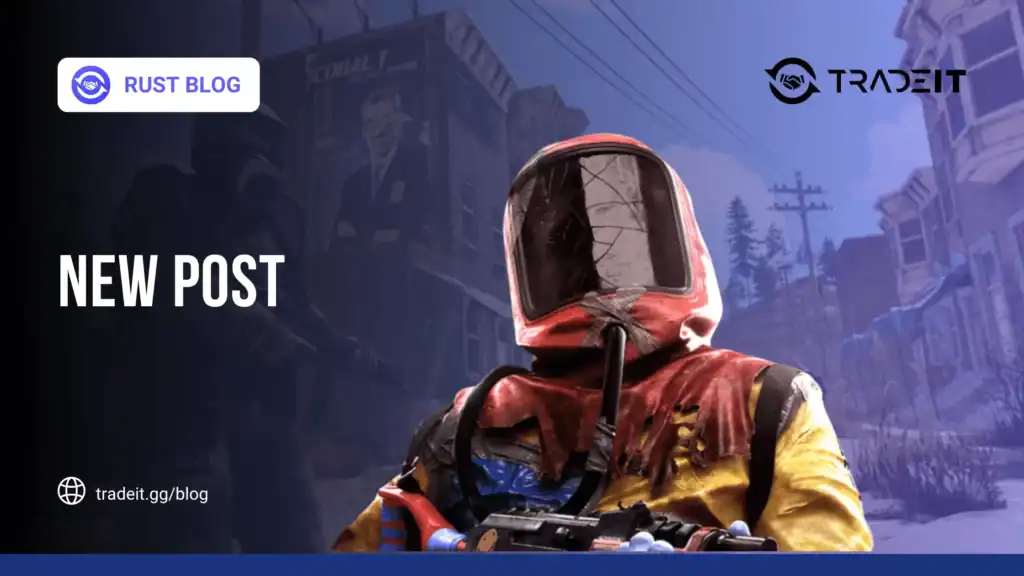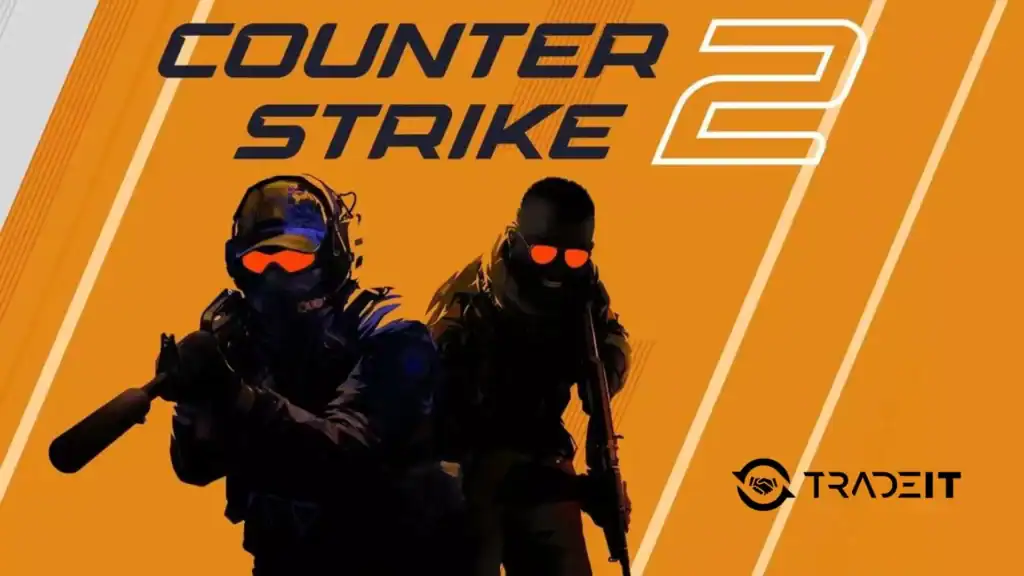If you’re diving into the world of competitive Counter-Strike 2 on Faceit, you’ve probably already noticed that the ranking system isn’t as simple as it looks.
I remember being thrown into it myself, not entirely sure how each level translated to skill or where I actually stood.
So, if you’re like me, this guide is for you. It provides a clear, no-BS breakdown of Faceit CS2 ranks, how they work, and what they really mean for your journey in competitive CS2.
Table of Contents
The Basics of Faceit Ranks
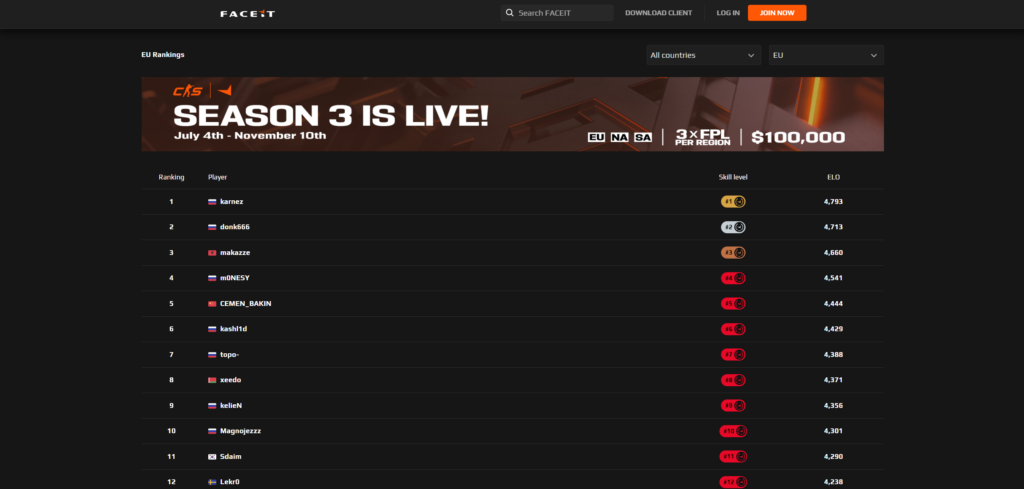
Faceit has a tiered ranking system, going from Level 1 all the way to Challenger (Top 1,000 players). Whether you’re grinding through the lower levels or competing at the top, your level is a direct representation of your skill, win-loss record, and performance.
But it’s not just about winning. Your personal stats, K/D ratio, and impact in each match also matter.
Faceit Rank Breakdown
Let’s get to the specifics—here’s the full breakdown of the Faceit ranks and how they’re defined by ELO (rating):
The beginner’s boot camp. A mix of new players and smurfs makes it unpredictable. Focus on improving fundamentals and communication to climb out.
You’re breaking out of the lowest ranks. Matches feel more organized, and teamwork starts to matter. Keep refining your aim and map awareness.
Competition tightens. Strategy and positioning start to matter more than raw aim. This is where most casual players start getting serious.
Climbing out of low ELO. Mistakes are punished more, and proper use of grenades, economy management, and coordination make the difference.
A key milestone. You’ve built solid fundamentals and teamwork. Matches feel fairer, and consistency is what will push you into mid-tier play.
You’re mid-tier now. Decision-making and utility usage become critical. Every round feels tactical — you can’t rely on aim alone anymore.
Top 30% of players. Tactical awareness, comms, and teamwork shine here. This level separates the solid players from the inconsistent ones.
High-level play. Semi-pro level skill and mental endurance are required. Mistakes cost rounds. Stay composed and adaptable every match.
Among the best. Only highly skilled and consistent players reach this point. Teams are well-organized and every mistake is magnified.
Top 5% of Faceit. This is elite territory — where consistency, intelligence, and clutch performance define the best from the rest.
The absolute elite. Only pro-level or near-pro players make it here. Every match is broadcast-worthy — a single mistake can go viral.
Climbing the Ladder
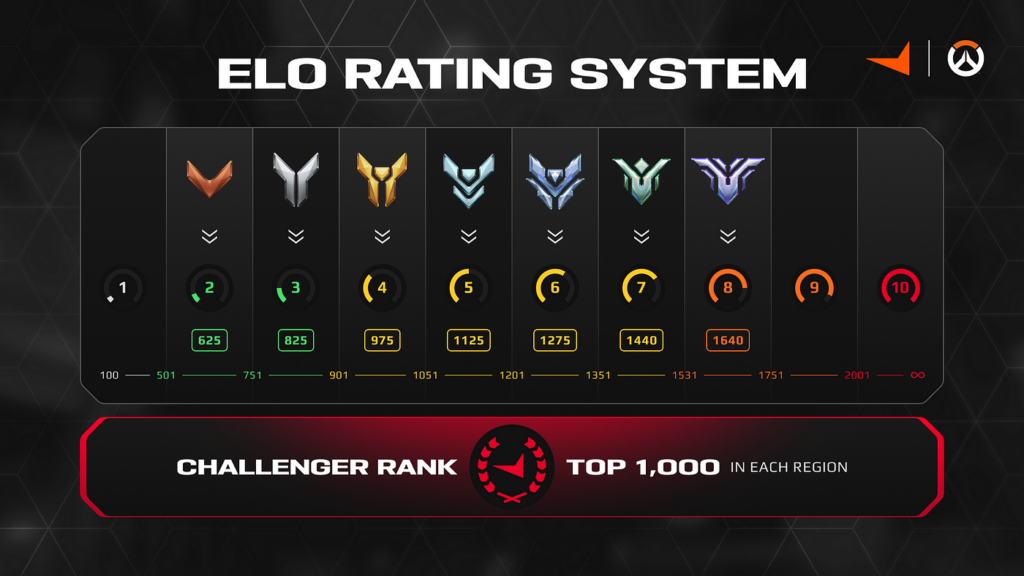
Getting better at Faceit CS2 is not just about grinding games. It’s about improving with intent. I made the mistake early on of thinking more hours = better results. But here’s the truth: how you play matters more than how much.
When you hit a wall (trust me, you will), that’s the time to start reviewing your own gameplay. Are you positioning yourself well? Are you dying because of bad decisions, or are you just getting outplayed? Be honest with yourself.
Here are a few tips that helped me:
After each game, review your demos. It’s painful at first, but this is the fastest way to identify mistakes and adjust your playstyle effectively.
Smokes, flashes, and molotovs are key to controlling the map. Using them strategically gives you easy round-winning advantages.
Keep comms clear and concise. Give useful info like enemy positions or your hold. Avoid clutter — focus on helping the team win rounds.
Climbing Faceit can be brutal. Losing streaks and bad teammates happen. Don’t tilt — focus on learning from every match instead.
What to Expect as You Climb
Each level feels different. As I moved up through the ranks, I noticed a few key differences in gameplay style at each stage:
A lot of solo play and frag chasing. Don’t expect much in the way of teamwork — games here are often chaotic and unpredictable.
Players are starting to coordinate and communicate, but inconsistency still exists. Some matches feel competitive — others, messy and unbalanced.
Expect coordinated pushes, strong utility use, and structured teamwork. Mistakes are punished quickly, and matches are often decided by razor-thin margins.
Elo Comparison Table
| Faceit Level | Elo Range | Estimated CS2 Rank Equivalent | Typical Skill Tier |
|---|---|---|---|
| 1–2 | 1 – 799 Elo | Silver I – Silver Elite | Beginner / Learning Mechanics |
| 3–4 | 800 – 1099 Elo | Gold Nova I – Gold Nova III | Low-Intermediate |
| 5–6 | 1100 – 1399 Elo | Gold Nova Master – MG I | Intermediate / Decent Aim |
| 7–8 | 1400 – 1799 Elo | MG2 – DMG | Advanced / Strong Mechanics |
| 9 | 1800 – 1999 Elo | LE – LEM | Expert / Strategic Awareness |
| 10 | 2000 – 2399 Elo | Supreme Master – Global Elite | Elite / Semi-Pro |
| Challenger | 2400+ Elo | Top Global Elite / Pro Level | Professional / Top 1000 |
Faceit Bans and Boosters
Faceit bans are issued when players violate rules, including cheating, account sharing, or exploiting glitches.
Bans protect the integrity of the competitive ladder, ensuring fair matches for everyone. Boosting, where higher-skilled players play on lower-ranked accounts to artificially increase their Elo or level, is strictly prohibited.
Both bans and boosters can result in permanent account restrictions and loss of progress. Players should focus on legitimate skill improvement rather than shortcuts.
Maintaining honesty and consistency not only safeguards your account but also ensures a more rewarding and competitive Faceit experience.
Final Thoughts
Faceit CS2 ranks aren’t just numbers. They are a reflection of your growth as a player. Each level presents new challenges and opportunities to improve, and if you’re willing to put in the effort, there’s no limit to how far you can go.
I’ve enjoyed every step of the journey, even when it’s been frustrating. Right now, you may be one of the many players who enjoy casual CS2 for free. But if you have a Prime account and feel ready to start competing at an even higher level, Faceit might be the right place for you.
FAQs
What is Faceit Elo and how does it work?
Faceit Elo is a numeric rating system used to rank players based on skill. Winning games increases your Elo, while losing decreases it. Higher Elo indicates stronger skill and better placement in the Faceit competitive ladder.
How do Faceit levels correspond to Elo?
Faceit levels range from 1 to 10, with each level representing a specific Elo range. For example, Level 1 is roughly 100–500 Elo, Level 5 is 1051–1200 Elo, and Level 10 starts at 2001+. Higher levels indicate stronger players.
What is the Challenger rank?
Challenger is the top tier, reserved for the top 1,000 Faceit players. It’s essentially pro-level play, where games are extremely competitive and mistakes are costly. Players in Challenger often stream or participate in esports tournaments.
Can Elo be compared to CS2 ranks?
While Elo and CS2 ranks measure skill, they aren’t directly equivalent. Elo reflects performance against the Faceit pool, while CS2 ranks reflect matchmaking performance on Valve’s system. High Elo usually corresponds to higher CS2 ranks, but there is no exact mapping.
How can I improve my Faceit Elo quickly?
Improving Elo requires a mix of individual skill, teamwork, and smart decision-making. Watching demos, mastering utility usage, communicating effectively, and staying consistent without tilting are key ways to climb levels efficiently.


